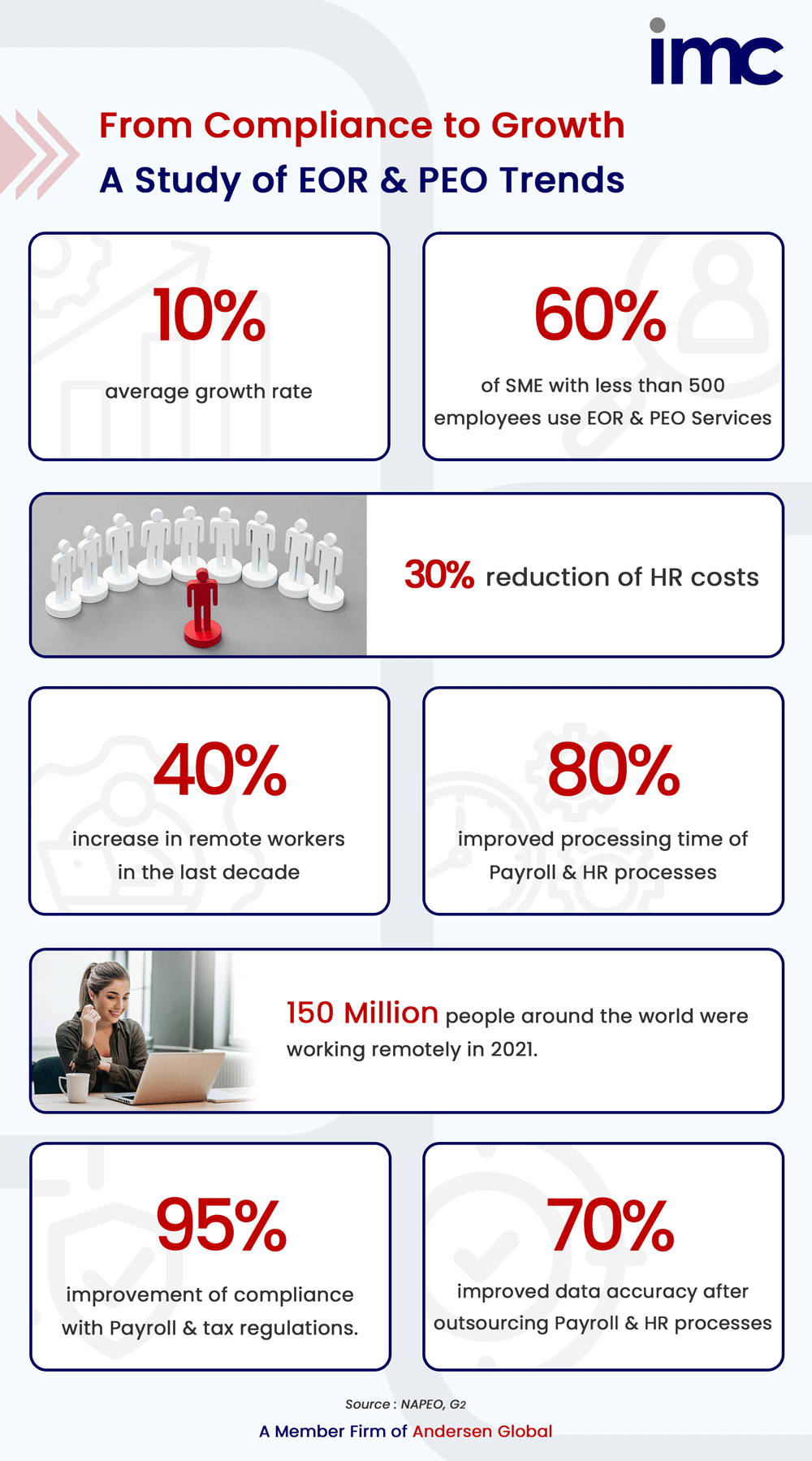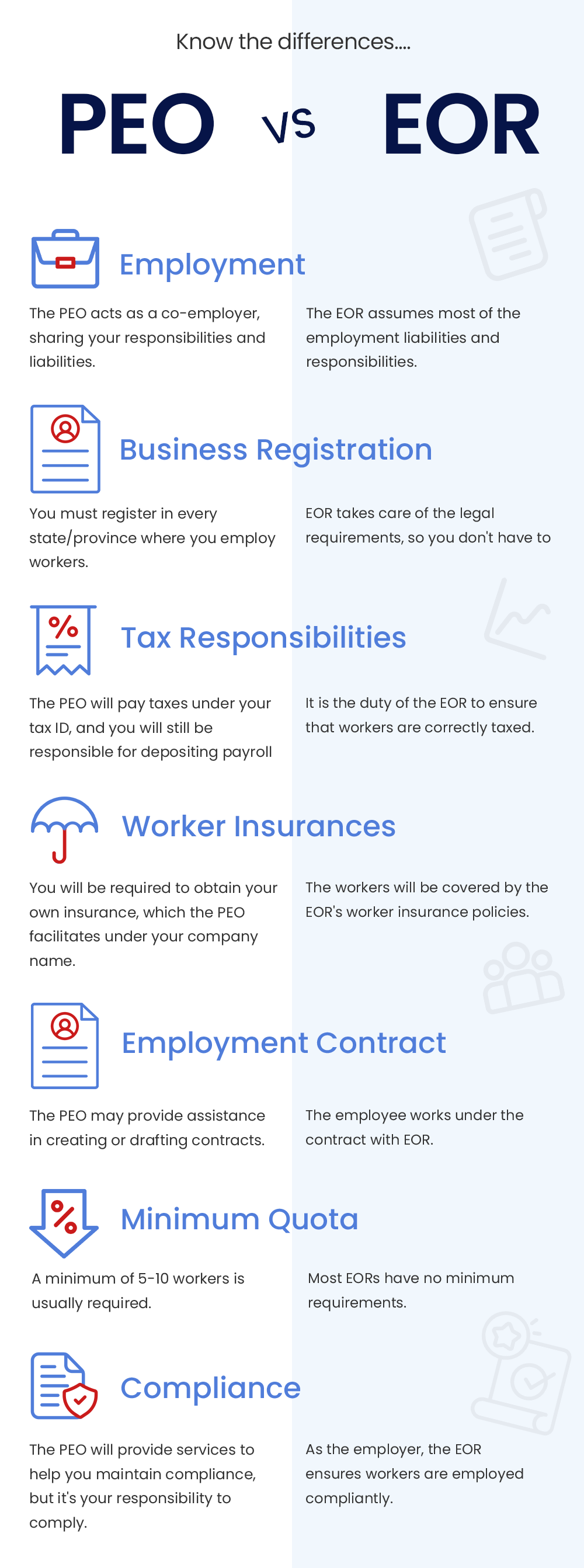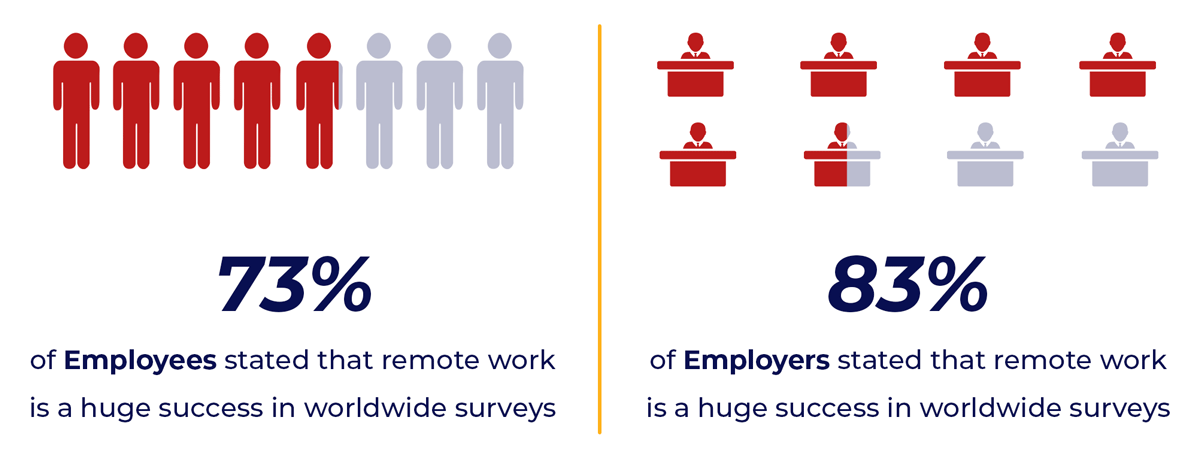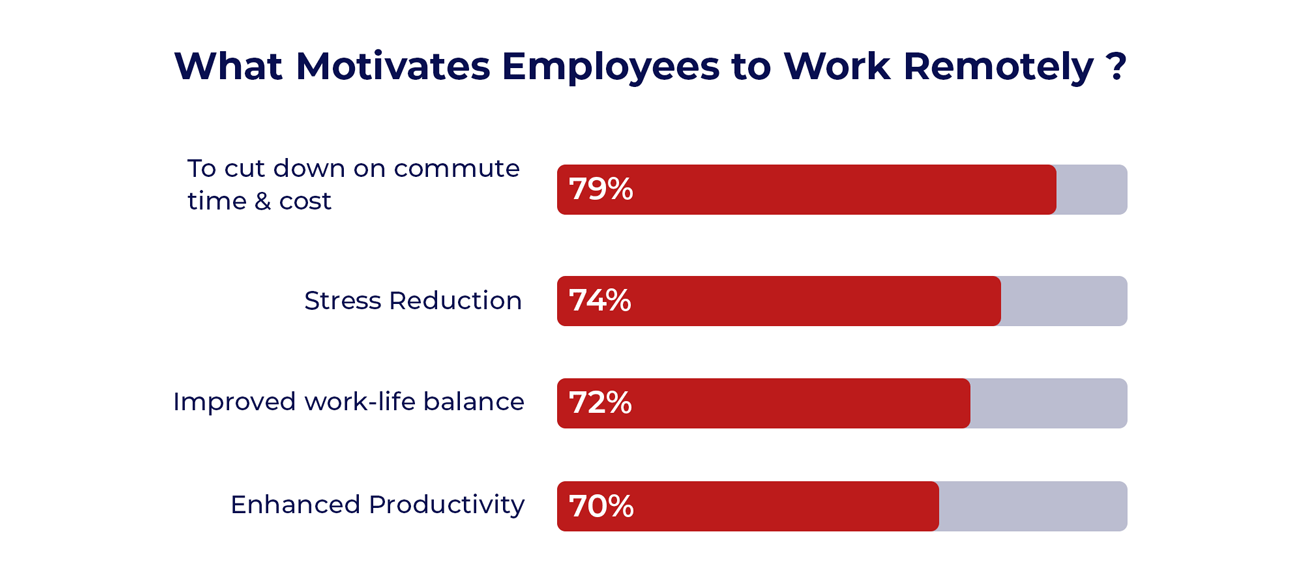Dubai continues to be a global commercial hotspot, offering a plethora of privileges to small businesses. With its ease of doing business, robust transit network, and business-friendly policies, it appeals to entrepreneurs across the globe.
The tax-free regime in Dubai before 1st January 2018 further transformed the city into a global investment hotspot.
Being a small business, it pays to adhere to the tax norms in the country. Working with seasoned tax advisory professionals, businesses can comply with legalities. Right from registering for VAT to tax auditing, hiring experts for VAT advisory would streamline your growth trajectory.
What services do VAT consultants in Dubai provide?
Getting entangled in legal hurdles would be the last thing small businesses expect. In the UAE, failure to comply with the existing VAT norms invites hefty penalties. Companies specializing in VAT advisory can guide your business and help you deal with your VAT liabilities accurately. With professional minds backing your business, you can focus on your priorities.
Reputable VAT consultants offer a plethora of services, including:
- VAT Registration and deregistration
- VAT advisory
- Explaining VAT regulations
- VAT return filing
- Assistance in processing payment to FTA
- Purchase invoice reviewing
- Internal VAT audit
- Mitigating VAT liabilities
5 Reasons Small Businesses Should Hire VAT Consultants
Here’s why forward-thinking businesses in Dubai closely collaborate with experts for accurate VAT advice.
1. They are experts
Being informed professionals, tax advisory companies in Dubai educate their clients about their liabilities. So, you don’t bear the risk of miscalculating payments or levying the wrong rate from customers. Established VAT consultants bring their comprehensive knowledge to the table, helping your business navigate through the complex regime.
2. Accuracy matters
While filing VAT, accuracy happens to be the magic word. Reputed VAT consults never hesitate to walk the extra mile to cross-check details. Working with experienced tax advisors, you remain secure from committing generic mistakes during return filing or the initial tax registration.
3. Risk analysis and mitigation
One of the best perks of seeking VAT advisory from consultants is their ability to manage risk. Experienced tax professionals are capable of identifying compliance risks. Accordingly, they advise their clients to stay on the right track, keeping them out of the woods. This way, you wouldn’t be at the risk of being pulled up for unintentional non-compliance with VAT norms.
4. Flawless VAT audit preparation
Remember, FTA would allow your business just 5 days to respond to a VAT audit query. Top VAT consultants prepare their clients for stringent tax audits. Just after filing your VAT, they help businesses understand the supporting documents. Besides, the consultants capture relevant field data and keep their clients well-poised for VAT audits.
5. Capitalize on opportunities
In case your business turnover lies in the Dh187, 500 to Dh375, 000 bracket, registering for VAT isn’t mandatory. However, getting your firm registered brings several benefits that are easy to overlook. Reputed VAT consultants help their clients make the most of these opportunities.
Conclusion
Fulfilling complex tax obligations in Dubai and remaining compliant involves the experienced handling of your accounts. Why not hire the best VAT consultants in your city to spearhead your business? IMC Group, one of the most esteemed companies specializing in VAT advisory in Dubai, can handle your tax matters with expertise.




























